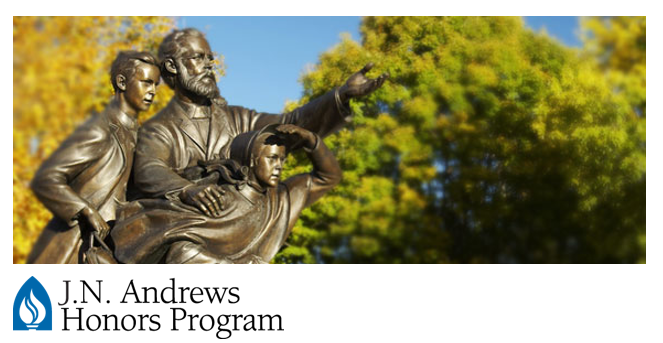A Machiavellian Framing of Power Dynamics in Shakespeare's Henry V as Adapted by Olivier, Branagh, and the BBC's Hollow Crown
Date of Award
3-28-2016
Document Type
Honors Thesis
Department
English
First Advisor
L. Monique Pittman
Abstract
Niccolo Machiavelli's work The Prince (1532) proposed a pragmatic way of acquiring and maintaining power that profoundly and controversially influenced Renaissance understandings of rule. The principles outlined in The Prince shape the power dynamics in William Shakespeare's Henry V (1599), as well as Prince Hal's layered and complicated rise to rule throughout the Henriad. Archival study of late sixteenth-century pamphlets reveal the strong though countercurrents in response to Machiavellianism in England. Nonetheless, The Prince has long been seen as a model for Shakespeare's portrayal of Henry V's monarchal power. Film adaptations of Henry V rely upon the distinct vocabulary of cinema to wrestle with this problematic model of kingship. A trio of adaptations-- Laurence Olivier (1944), Kenneth Branagh (1989), and BBC's Hollow Crown (2012)-- take related and contrasting approaches to balancing Henry's benevolent morality against his more Machiavellian manipulations. Extra-textual materials including historic context, director biography, and the means of production especially influence the more recent productions of Henry V's character in Branagh and the BBC. Specifically, the legacy left by Olivier, Branagh's personal biography, the mentor- mentee relationship between Branagh and the star Tom Hiddleston in the Hollow Crown series all respectively impact the depiction of power dynamics in the films.
Recommended Citation
Bosco, Alaryss, "A Machiavellian Framing of Power Dynamics in Shakespeare's Henry V as Adapted by Olivier, Branagh, and the BBC's Hollow Crown" (2016). Honors Theses. 131.
https://digitalcommons.andrews.edu/honors/131
Presentation Record URL
Creative Commons License

This work is licensed under a Creative Commons Attribution-No Derivative Works 4.0 International License.



